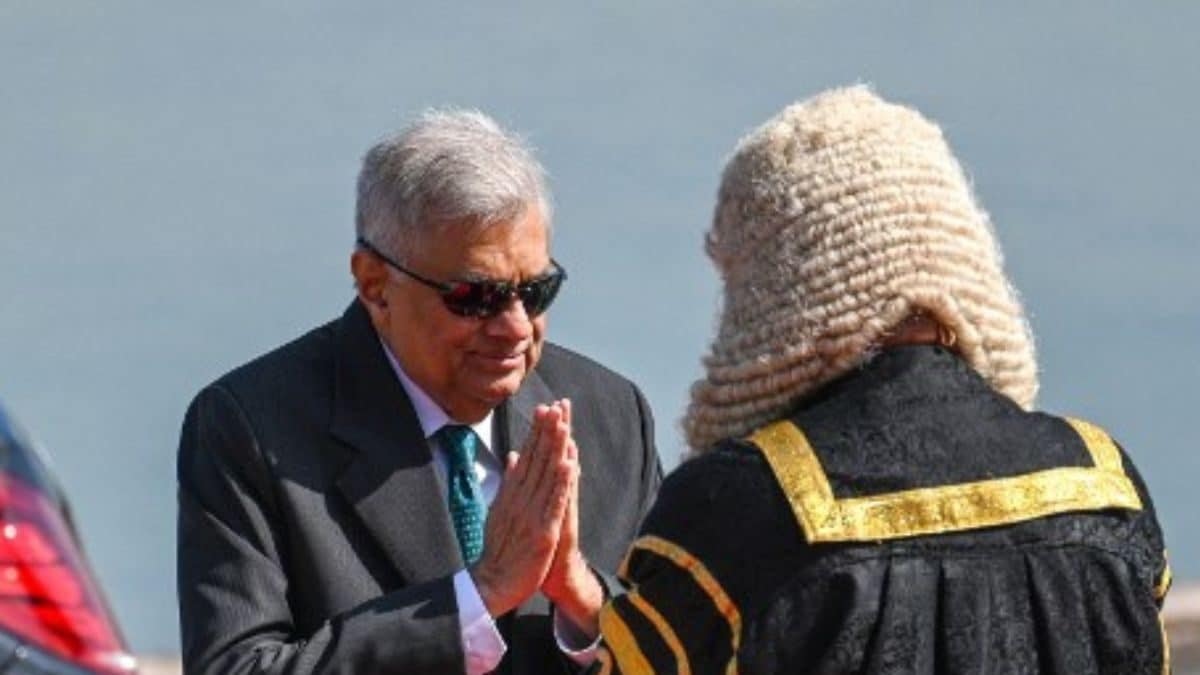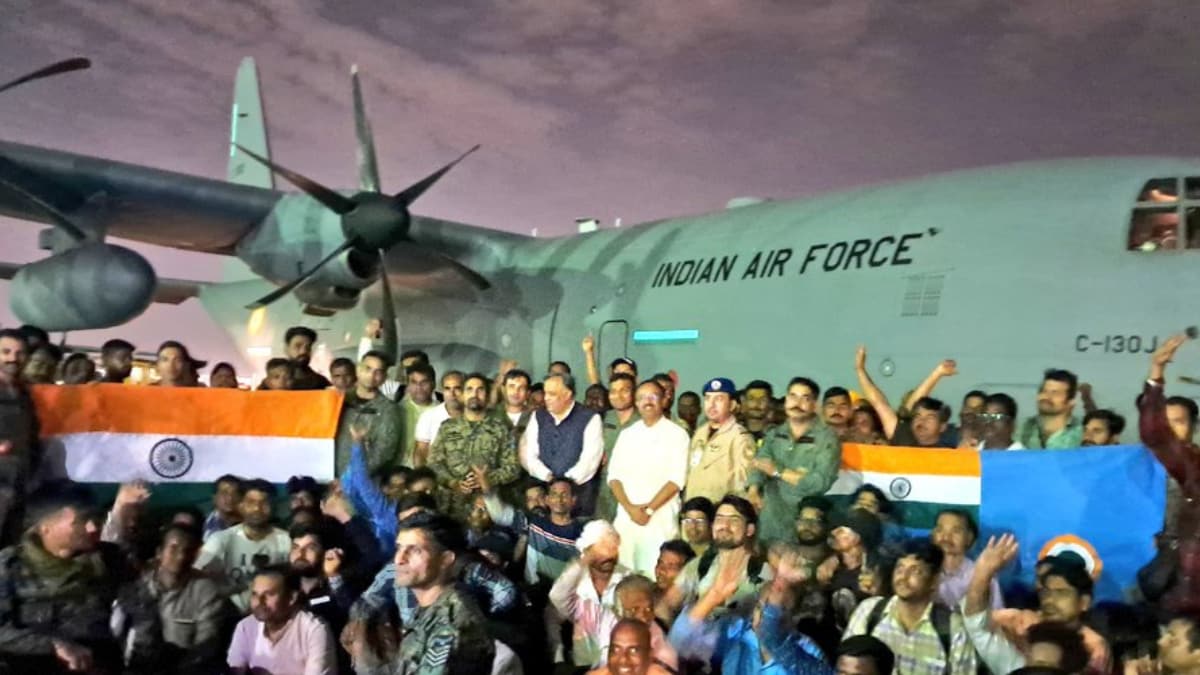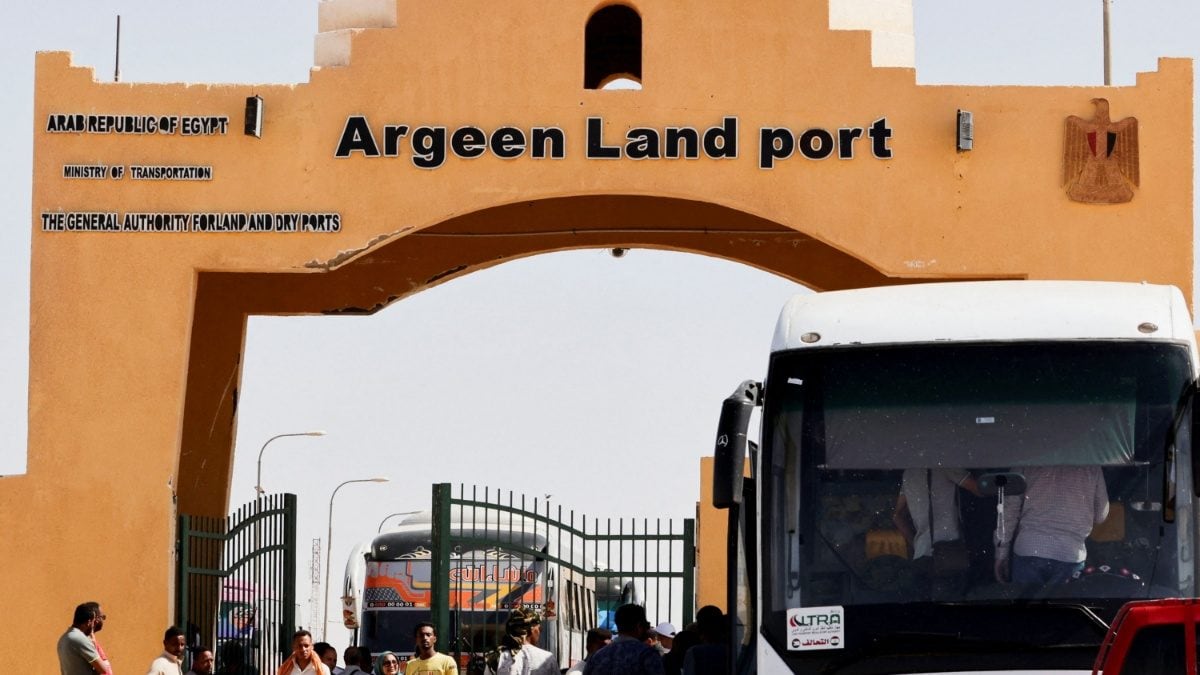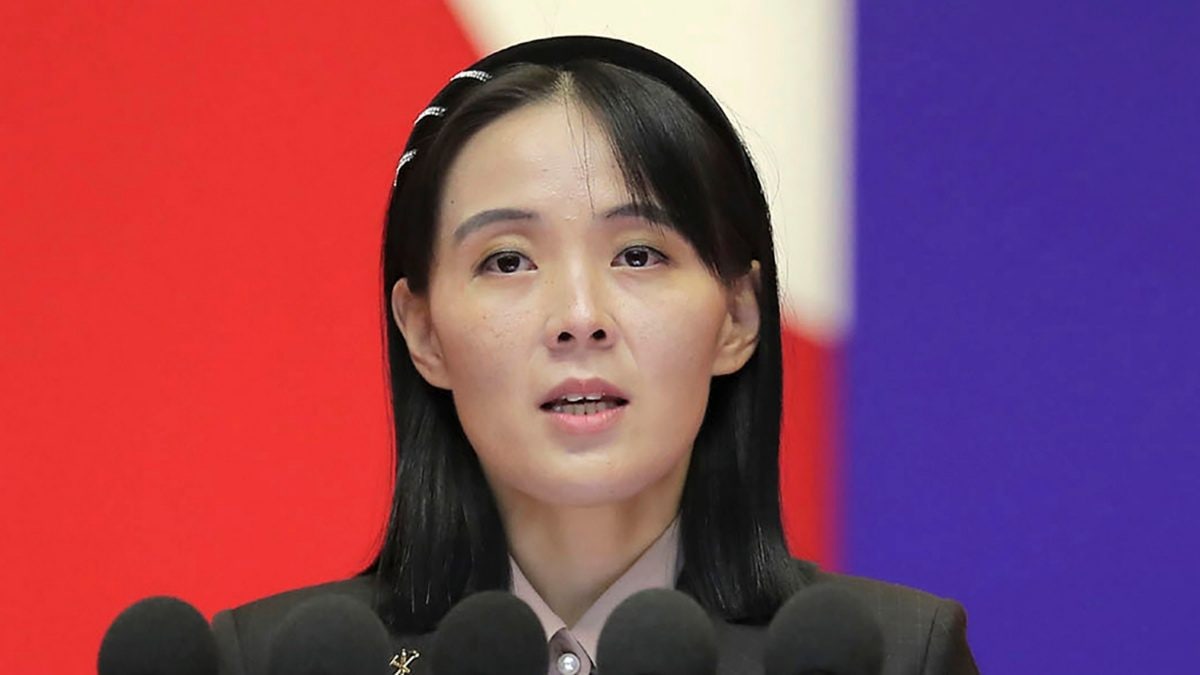Last update: May 01, 2023, 6:28 p.m. HST

Sri Lankan President Ranil Wickremesinghe (L) arrives for the opening session of parliament in Colombo on February 8, 2023. (AFP)
Sri Lanka has witnessed a brutal three-decade war with the Lankan Tamils in the north and east that has claimed at least 100,000 lives
Sri Lankan President Ranil Wickremesinghe said on Monday he was keen to settle the ethnic conflict with the minority Tamil community by the end of this year, stressing that the cash-strapped country could not move forward with an IMF bailout only if this long-outstanding issue is resolved.
Wickremesinghe, in his message on International Workers’ Day, said he expects to reach an agreement by the end of this year to resolve the long-running ethnic conflict with the help of the government’s commitment to policies that benefit all communities in Sri Lanka.
“The country will only be able to go ahead with the IMF program if two conditions are met. First, we must resolve the ethnic conflict. We are continuing our discussions on this. “I hope I can reach an agreement by the end of the year. We must not undermine any community. We must move forward protecting the majority Sinhalese, Tamil, Muslim, bourgeois and other minority groups We must be determined to achieve this,” Wickremesinghe stressed.
The island nation has witnessed a brutal three-decade war with the Lankan Tamils in the north and east that has claimed at least 100,000 lives.
Wickremesinghe, who took office as president last year amid unprecedented economic crisis and political unrest, earlier stressed the need to fully implement the 13th Amendment to the Constitution to grant political autonomy to the country’s Tamil minority.
“We have created economic stability. No food shortage now. Democracy is practiced in the country. Parliament meets without threats. All are free to carry out their work without any hindrance,” the president said in an official press release.
In March, the IMF agreed to release a 4-year $2.9 billion economic bailout package that has helped the country move forward, said Wickremesinghe, also the country’s finance minister.
“Our next task is to implement the agreement reached with the IMF. We will pass the necessary legislation and restore normalcy to the economy by 2024,” he said. Wickremesinghe stressed that Sri Lanka should try to achieve GDP growth of 6-7%.
“Young people focused on changing the economic system. We have to listen to them,” Wickremesinghe said referring to the second condition for implementing the IMF rescue package.
13A provides for the devolution of power to the Tamil community in Sri Lanka. India has pressured Sri Lanka to implement 13A which was introduced after the India-Sri Lanka agreement of 1987.
Wickremesinghe’s efforts to engage in talks with the Tamil minority political groups to achieve reconciliation by February 4 – the 75th anniversary of Sri Lanka’s independence were unsuccessful as the country was grappling with the economic crisis.
Several multi-party meetings held between December last year and January this year also failed to reach a conclusion.
Although provincial councils have been formed and elections held since 1988, Tamils claim that full powers to the councils have not been delegated from the centre.
Previously, the Sinhalese majority had fiercely opposed 13A, saying it would lead to the separation of Tamil regions to form their own state.
Sinhalese, mostly Buddhists, make up nearly 75% of Sri Lanka’s 22 million people, while Tamils make up 15%.
Read all the latest news here
(This story has not been edited by News18 staff and is published from a syndicated news agency feed)












